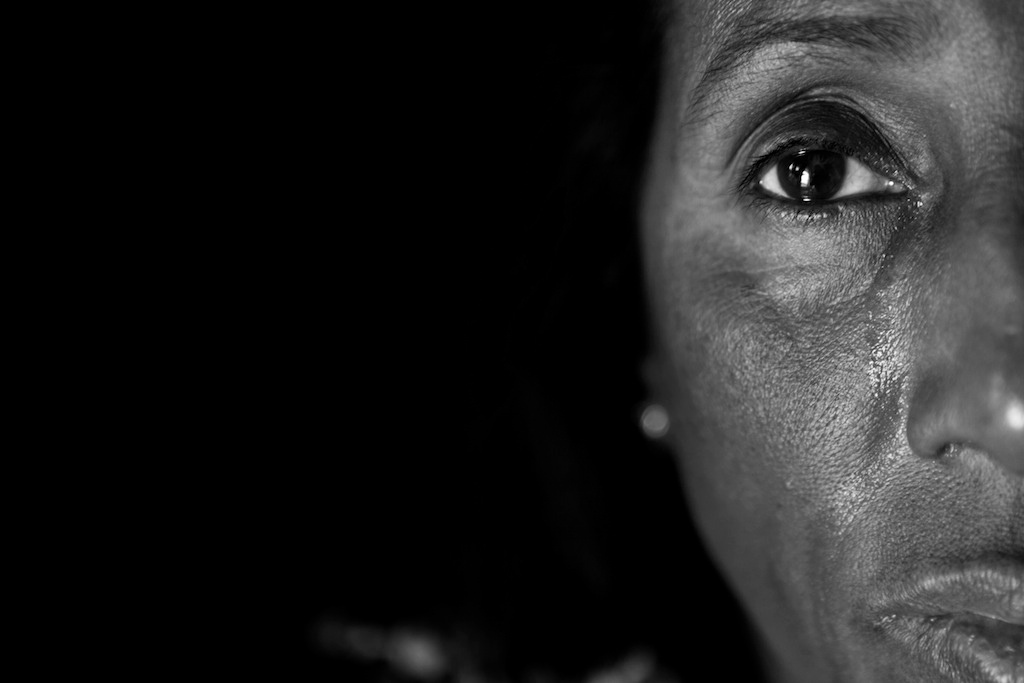Violence against women in conflict situations occurs in many forms and rape is often one of the ways in which women are targeted.
Women! The word itself is a taboo in various first world countries and almost every third world country. The gender that often suffers in silence had a hidden history that needs to be revealed. Being a woman is the first thing I identify with. Therefore, in today’s article, I have tried to formulate the sufferings that women often go through as most of the time these sufferings get neglected or remain undiscovered.
Though South Asia may boast a number of women leaders today and be home to cultures that worship female deities, there are still many women in these South Asian nations who live with the threat of horrific violence or have survived physical or sexual harassment in the past. From forced marriages in Afghanistan, honour killings in Pakistan to women trafficking in Nepal, South Asian women face many dangers throughout their lives.
The times of partition can never be forgotten when it comes to the plight that women of South Asian nations have suffered. Women were subjected to various kinds of violence by different agents during the partition. We often forget to talk about the suffrage of women during the 1971 Bangladesh Liberation War who paid the price for the birth of the new nation. This side of the 1971 war often gets overlooked as only few people talked about it and even Bangladesh’s own government and media till 1995 didn’t speak about the plight that Bangladeshi women had to suffer when the country was fighting for their freedom.
Birangonas: The War Heroines
As the 50th anniversary of the 1971 war approaches, there’s no way the country can forget the mass genocidal rapes that took place during the 1971 war in which the eastern part of the Pakistan got separated from Western Pakistan to become an independent country called Bangladesh. Violence against women in conflict situations occurs in many forms and rape is often one of the ways in which women are targeted. It would not be incorrect to say that rapes have always been used as a weapon of war.
Pakistani soldiers in their attempt to suppress Bangladesh’s independence, terrorised the Bengali people with night raids during which women were raped in villages in thousands of numbers. The rapes were not just widespread but were also planned and systematic. But these atrocities laid on the Bangladeshi women by Pakistani soldiers didn’t stop them to participate in the freedom struggle of their country directly or indirectly.
In December 1971, after a nine-month war with West Pakistan, East Pakistan became the independent nation of Bangladesh. Immediately six days after the end of the war, Bangladesh’s Father of the Nation, Sheikh Mujibur Rahman in order to embrace the rape survivors of the war, designated the word – birangona (a brave or courageous woman; the Bangladeshis uses the term to mean ‘war-heroine’) to any woman raped in the war. The word was coined as an attempt to reduce the social ostracism women face, yet the term remains unknown to many outside Bangladesh.
Unfolding history of women’s plight:
The passion, famine, murders and blood that gave birth to a new nation – Bangladesh – as it seceded from Pakistan are all well-known to its people and to people outside its boundaries. But there are still many stories that are missing from the narratives – the stories of rapes that took place in 1971. It should be noted that while the role of women as fighters and supporters of the war are always highlighted, the stories of rape camps and women’s plight are largely ignored even today.
The Pakistani army used rape as their weapon of war and abused and harassed many Bangladeshi women. Though the government of Bangladesh described the rape survivors of the war as birangonas, still it takes immense amount of courage for a woman to speak up against the crimes that she suffered.
Ferdousi Priyabhashini, was one such woman who stood for herself and declared herself as a birangona. She was the first woman to publicly announce that she was a birangona and faced months of torture and sexual assaults by the officers of Pakistani forces when she was just 23 years old.
– Ferdousi Priyabhashini
The history of women’s plight can never be forgotten from the Bangladeshi public’s memory. Since 2015, the Bangladeshi government has begun giving pensions to the birangonas in recognition of what the women contributed to the birth of the nation. But the question that arises is: Will this be enough for the plight that the women of the country suffered?
(This article was contributed to The Wonk by Aparjita Banerjee. Views are that of the writer.)

